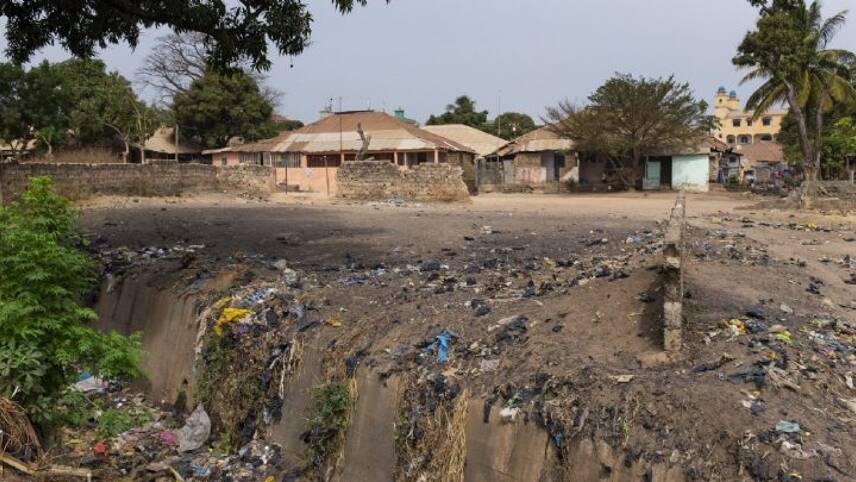Register for free and continue reading
Join our growing army of changemakers and get unlimited access to our premium content

Globally, more nations are making concerted efforts to champion resiliency
The REF 2023 Synthesis Report has been published today (25 September) and details the growing spending gap globally on climate resiliency.
It finds that current annual spending levels on climate resiliency are less than $50bn, which is well short of the estimated $160bn to $340bn required to improve responses to the climate crisis across the globe.
The Synthesis Report also warns that private sector contributions to this inadequate funding pool are just 2%. The report warns that failing to raise more finance would make a just global transition to net-zero emissions more susceptible to major economic setbacks like the ones that occurred due to the war in Ukraine and the Covid-19 pandemic.
The report calls for cross-governmental collaboration with the private sector and academia to help drive awareness of resiliency to ensure that nations can recover and adapt to climate-related risks.
One key recommendation from the report is that voices are heard from different stakeholders and geographies. One such example is how strengthening small-holder farmers and grower communities to improve supply chain resiliency will require insight from those farmers.
“Without equitable, radical collaboration and commitment to evidence that informs decision-making, policy, and investment, we will continue to face barriers in protecting and supporting environments and communities that can flourish even in the face of change and uncertainty,” the Global Resilience Partnership’s chief executive Dr Nathanial Matthews said.
Resiliency radar
Resiliency is a growing theme in climate discussions, and looks set to be one of the main talking points alongside adaptation and finance in the build-up to COP28 later this year.
Globally, more nations are making concerted efforts to champion resiliency.
Earlier this month, more than 20 policy leaders from African nations convened to develop a new ‘Nairobi Declaration’. This communique includes new pledges to collaborate in growing clean technology sectors and joining up climate adaptation efforts.
It urges world leaders to “rally behind” new global carbon taxation measures, including taxes on fossil fuels for use in energy generation, shipping and aviation. Money raised could be funneled into low-carbon sectors, protecting and restoring nature, and improving climate resilience.
While discussions are largely focused on improving financing and resiliency for developing countries, wealthier nations have also been tasked with improving their own approaches to climate resiliency.
The UK Government, for example, has been constantly warned that it is not accounting for climate in its infrastructure planning.
A recent report from Oxford University’s Environmental Change Institute, Smith School of Enterprise and the Environment and the Green Finance Institute (GFI) has warned that current investments into green projects are failing to account for the need for climate resiliency.
The report warns that “significant gaps” have emerged in UK policy that are slowing the flow of finance into projects that can mitigate against climate impacts like heatwaves, drought, storms and flooding.


Please login or Register to leave a comment.